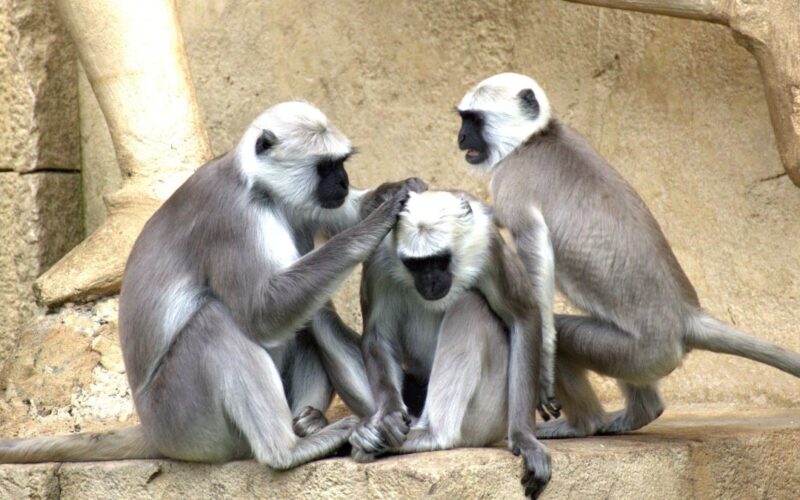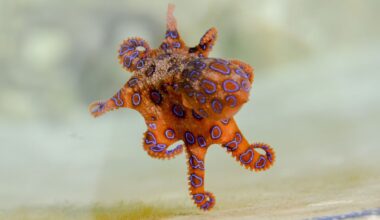Monkeys, with their playful antics and curious nature, often captivate our imagination and affection. However, behind their charming facade lies a world of surprising and sometimes controversial facts that shed light on the darker aspects of their existence. In this article, we’ll delve into the top 10 surprising and controversial facts about monkeys, revealing insights into their behavior, challenges they face, and the impact of human interaction on their lives.
Exploitation in Entertainment
Monkeys are often exploited for entertainment purposes, forced to perform in circuses, roadside attractions, and tourist attractions. Behind the scenes, these animals endure harsh training methods, confinement, and exploitation for profit, raising ethical concerns about their welfare and treatment.
Illegal Wildlife Trade
Monkeys are frequently targeted by the illegal wildlife trade, driven by demand for exotic pets, traditional medicine, and bushmeat. This illicit trade threatens wild populations and fuels the destruction of natural habitats, pushing many monkey species towards the brink of extinction.
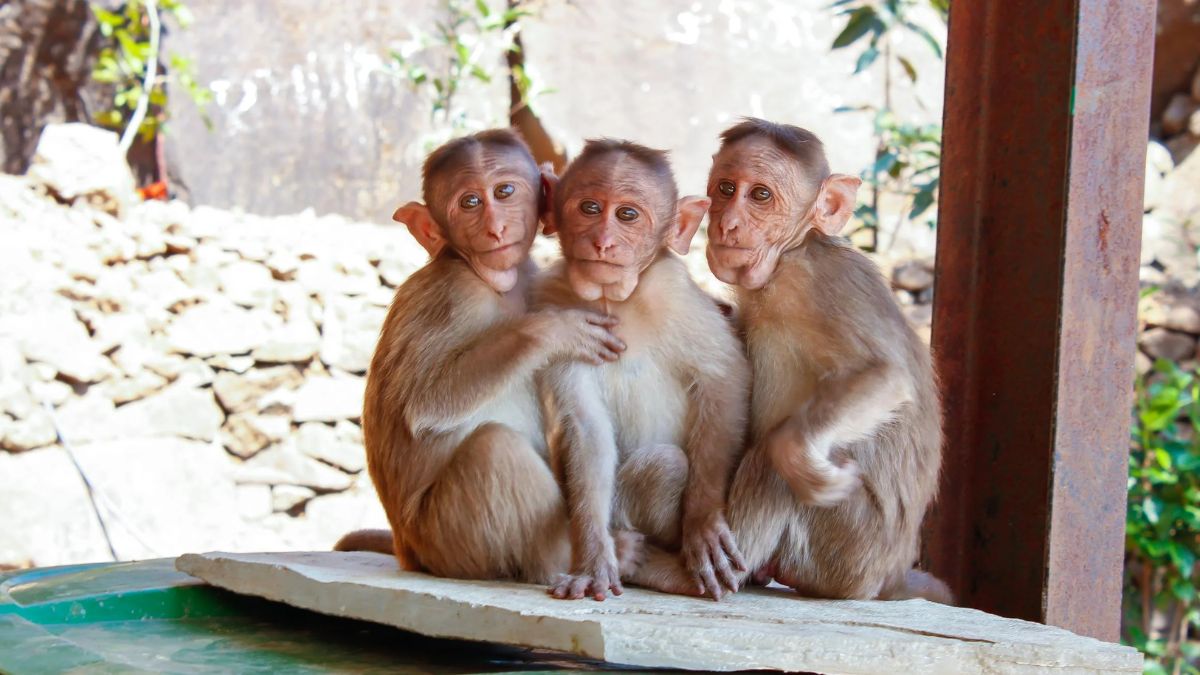
Habitat Loss and Deforestation
Deforestation and habitat loss pose significant threats to monkey populations worldwide. As forests are cleared for agriculture, logging, and urbanization, monkeys lose vital habitat and food sources, leading to population declines and increased human-wildlife conflicts.
Endangered Species
Many monkey species are classified as endangered or critically endangered due to habitat loss, poaching, and other human-induced threats. Species such as the Sumatran orangutan, Javan langur, and golden lion tamarin are particularly vulnerable to extinction without urgent conservation action.
Primate Research and Exploitation
Monkeys are often used in scientific research for biomedical experimentation, cognitive studies, and pharmaceutical testing. While research on primates has contributed valuable insights into human biology and behavior, it also raises ethical concerns about animal welfare and the ethics of experimentation.
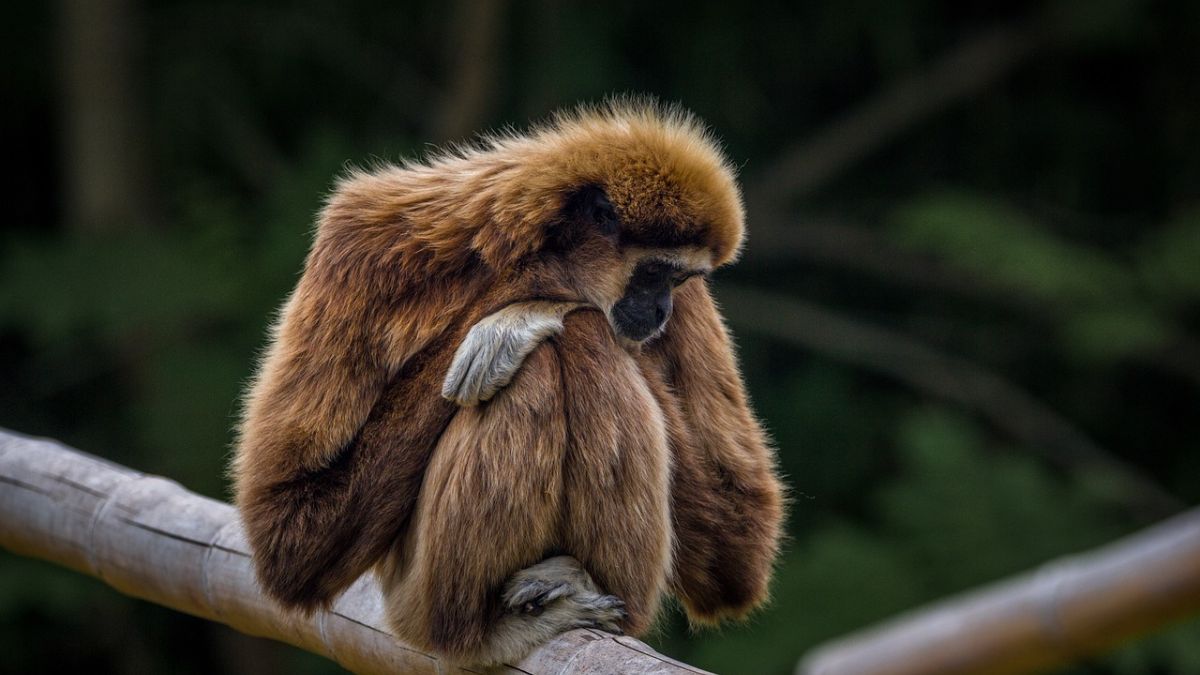
Social Hierarchies and Aggression
Within monkey troops, social hierarchies and dominance dynamics often lead to aggression, conflict, and stress among group members. Alpha males may exert control through intimidation and aggression, while subordinate individuals may face harassment and exclusion from resources.
Disease Transmission
Monkeys are reservoirs for various infectious diseases that can be transmitted to humans, including malaria, yellow fever, and simian immunodeficiency virus (SIV). Human encroachment into natural habitats and close contact with wild monkeys increase the risk of zoonotic disease transmission.
Overpopulation in Urban Areas
Some monkey species have adapted to urban environments and thrive in close proximity to human settlements. However, overpopulation of urban monkeys can lead to conflicts with humans, property damage, and the spread of disease, posing challenges for wildlife management and conservation efforts.
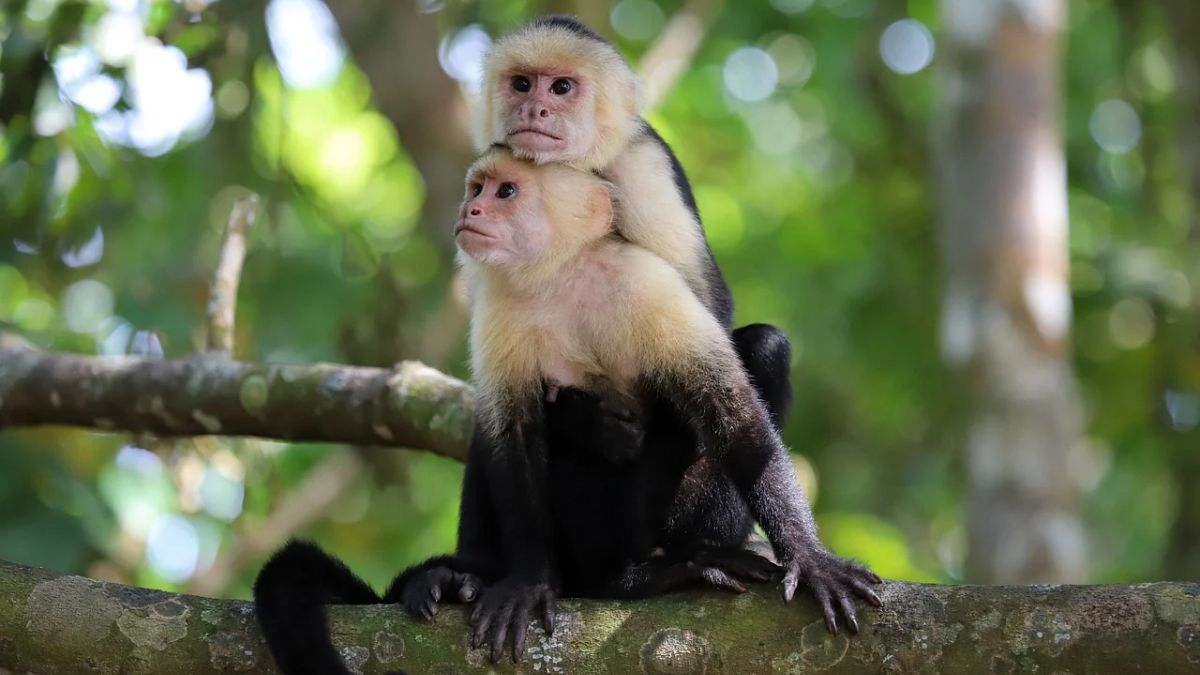
Vulnerability to Climate Change
Climate change poses a threat to monkey populations by altering habitats, disrupting food sources, and increasing the frequency of extreme weather events. Species living in specialized habitats, such as montane forests or coastal mangroves, are particularly vulnerable to the impacts of climate change.
Interactions with Humans
Human-monkey interactions can have both positive and negative consequences for both species. While ecotourism and responsible wildlife viewing can support conservation efforts and local communities, negative interactions such as crop raiding and aggression can lead to conflict and retaliatory killings.
While monkeys continue to captivate our imagination with their intelligence, social complexity, and playful behavior, it’s essential to recognize the darker aspects of their existence. From exploitation and habitat loss to disease transmission and human-wildlife conflicts, monkeys face numerous challenges in a rapidly changing world. By raising awareness, supporting conservation efforts, and advocating for ethical treatment, we can help ensure a brighter future for monkeys and the ecosystems they inhabit.
